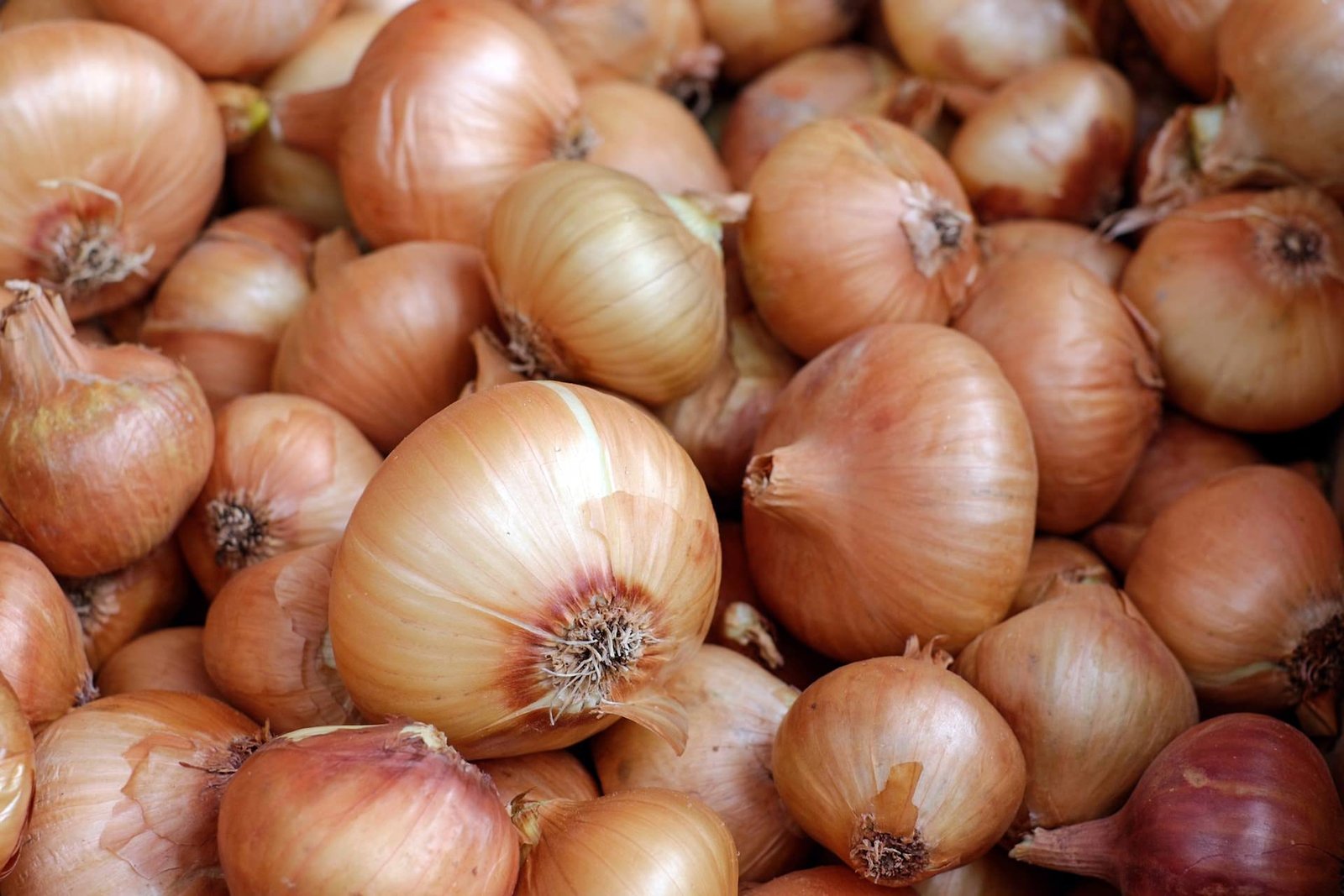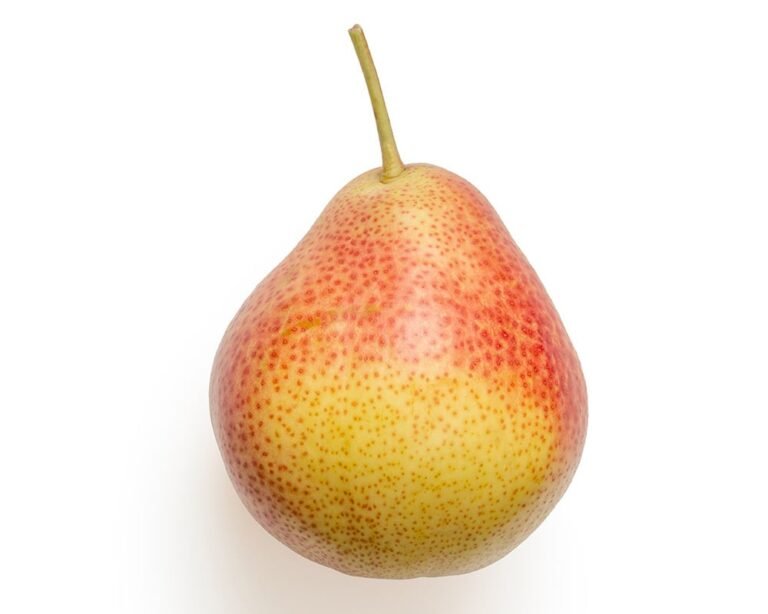Occupe-toi de tes oignons
Literally this expression means “occupy yourself with your onions.” But it translates into English as “Mind your own business.” It is sometimes abbreviated to “c’est pas tes oignons” or simply “pas tes oignons” (none of your business, or “not your onions”).
One theory as to the origin of this expression comes from the word “l’oigne,” which in 19th century French argot (slang) could mean the anus, the butt or the feet. This may be why there are other related expressions like “occupe-toi de tes fesses” (mind your own buttocks) and “occupe-toi de tes pieds” (mind your own feet).





